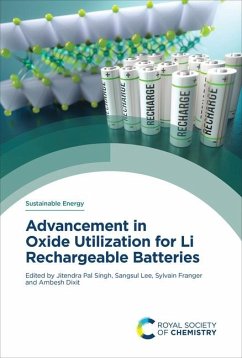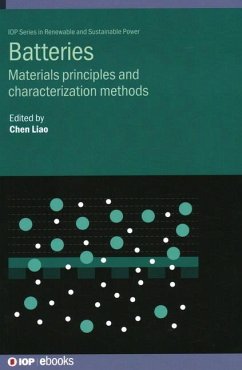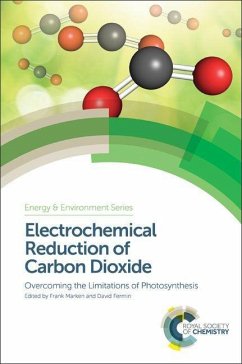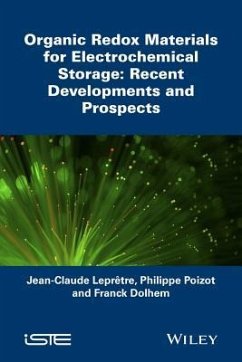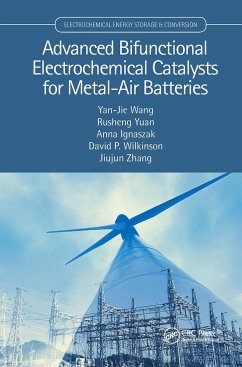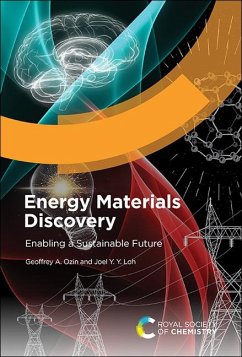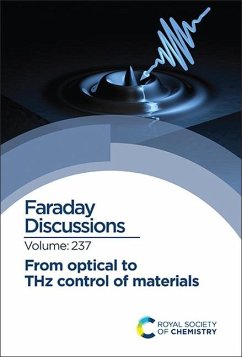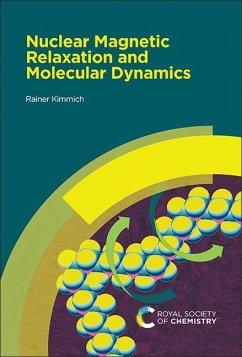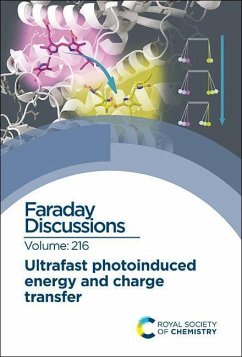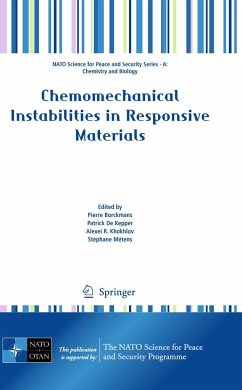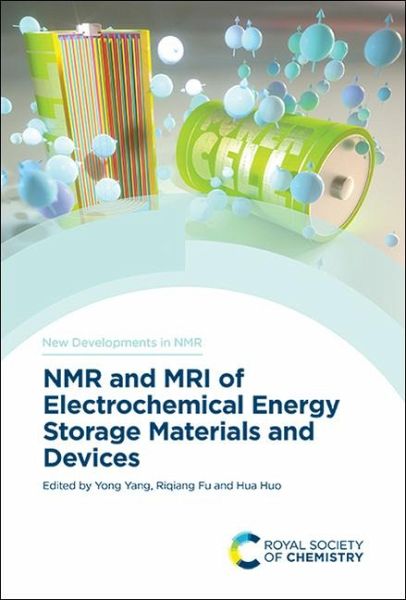
NMR and MRI of Electrochemical Energy Storage Materials and Devices
Versandkostenfrei!
Versandfertig in über 4 Wochen
245,99 €
inkl. MwSt.

PAYBACK Punkte
123 °P sammeln!
Energy storage material is a hot topic in material science and chemistry. During the past decade, nuclear magnetic resonance (NMR) has emerged as a powerful tool to aid understanding of the working and failing mechanisms of energy storage materials and devices. The aim of this book is to introduce the use of NMR methods for investigating electrochemical storage materials and devices. Presenting a comprehensive overview of NMR spectroscopy and magnetic resonance imaging (MRI) on energy storage materials, the book will include the theory of paramagnetic interactions and relevant calculation meth...
Energy storage material is a hot topic in material science and chemistry. During the past decade, nuclear magnetic resonance (NMR) has emerged as a powerful tool to aid understanding of the working and failing mechanisms of energy storage materials and devices. The aim of this book is to introduce the use of NMR methods for investigating electrochemical storage materials and devices. Presenting a comprehensive overview of NMR spectroscopy and magnetic resonance imaging (MRI) on energy storage materials, the book will include the theory of paramagnetic interactions and relevant calculation methods, a number of specific NMR approaches developed in the past decade for battery materials (e.g. in situ, ex situ NMR, MRI, DNP, 2D NMR, NMR dynamics) and case studies on a variety of related materials. Helping both NMR spectroscopists entering the field of batteries and battery specialists seeking diagnostic methods for material and device degradation, it is written by leading authorities from international research groups in this field.



